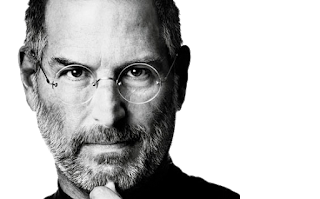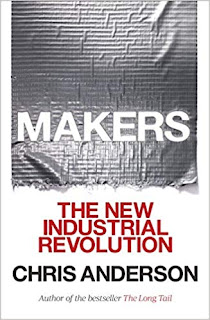Final Reflection
The Good 🙂, The Bad 😕, & The Ugly 👹 The Good 🙂 For me, some of the good moments were when I made videos. Whether it was the Secret Sauce video, or any of the Elevator Pitches, it was always fun, which is also why I put everything I had into it. If you have watched them, you'll realize that, excluding the first one, I put some thought into how I edited the videos. I'm not saying the editing is good, but it's there: background music that fades in and out, custom thumbnail, custom end cards, even a little effect when I made the joke about Wells Fargo in the second pitch. Or in the secret sauce video, all the cuts from one person to the other, making it seem like real interviews, the special screens for the voice recordings (which by the way costed a fortune). That's what I do. I enjoy it, whether it is a lot of work or not. The Bad 😕 I don't think I've had many bad experiences, but if I must choose, I would say it was anytime we were assigned


